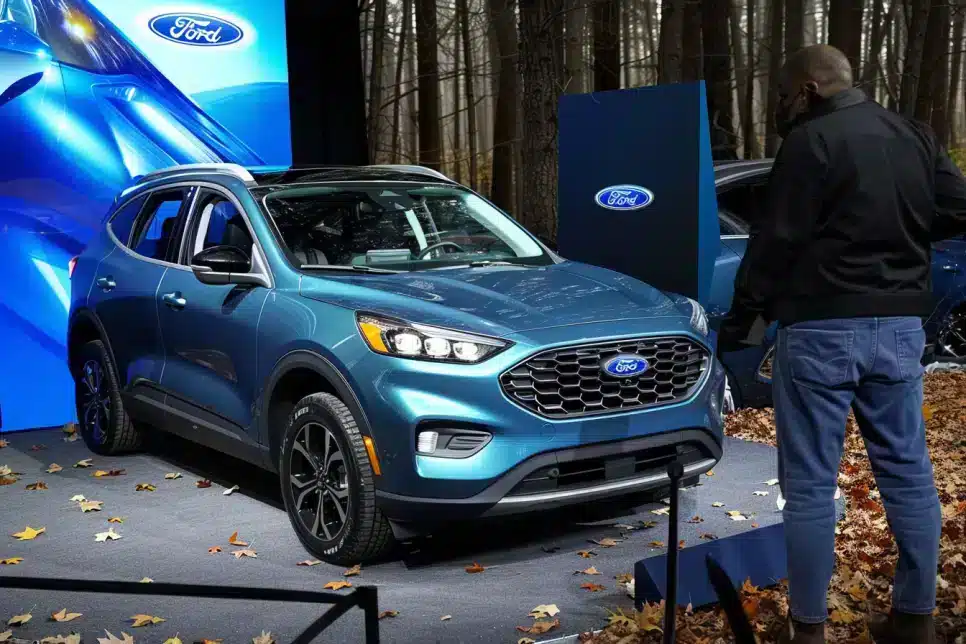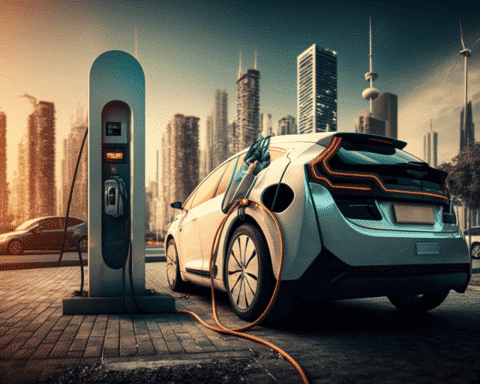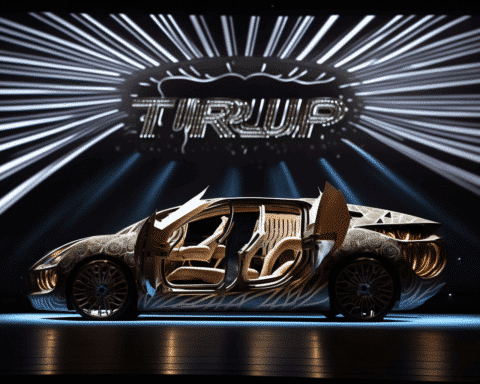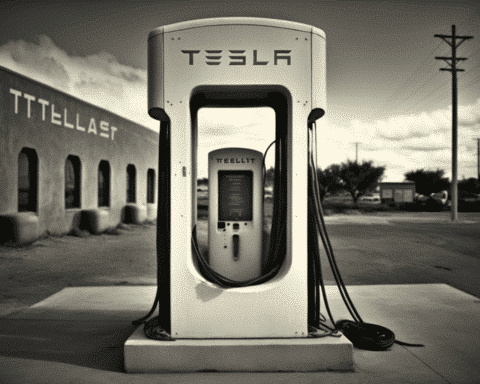Ford Motor has announced a strategic pivot in its approach to electrifying its vehicle lineup. This signals a temporary slowdown in all-electric vehicle (EV) production to emphasize hybrid technologies across its North American offerings by the end of this decade. In a surprising turn, the Detroit-based automotive giant revealed plans to postpone the launch of a new all-electric large SUV and pickup truck, underscoring the challenges and shifting dynamics within the automotive industry regarding EV adoption and production costs.
Ford’s decision to delay the introduction of a three-row electric SUV and the next-generation pickup truck, codenamed “T3,” reflects a broader recalibration of its electric vehicle strategy. Initially set for production in 2025, the SUV’s debut has been pushed back to 2027, while the “T3” pickup will now hit the market in 2026. These adjustments come as the automaker looks to bolster its position in the hybrid market, with an eye towards a thoroughly hybridized lineup in North America by 2030.
The shift indicates the automotive sector’s broader challenges, including slower-than-anticipated EV adoption rates and high production costs. Despite these hurdles, Ford remains committed to its electric future. “As the No. 2 EV brand in the U.S. for the past two years, we are committed to scaling a profitable EV business, using capital wisely, and bringing to market the right gas, hybrid, and fully electric vehicles at the right time,” stated Ford CEO Jim Farley.
This recalibration allows Ford additional time to refine its electric offerings, capitalizing on advancements in battery technology to ensure increased durability and value for its customers. Furthermore, Ford’s focus shifts toward new ventures such as its “BlueOval City” campus in Tennessee, earmarked as a future hub for next-generation all-electric trucks, set to commence production in 2026.
Despite the delays, Ford’s commitment to electrification remains unwavering. The automaker continues to invest in battery plants across Michigan, Tennessee, and Kentucky. The automaker’s dedication is reflected in its significant sales growth in the EV and hybrid sectors, demonstrating a resilient and adaptable strategy in the face of industry-wide challenges.
As Ford navigates these changes, the automotive giant’s strategic pivot highlights the evolving landscape of vehicle electrification. It balances the immediate demand for hybrid vehicles with the long-term vision of an all-electric future. This approach underscores Ford’s commitment to innovation, sustainability, and the pursuit of an electrified automotive industry.
While momentarily dialing back on some of its EV ambitions, Ford’s strategy adjustment showcases a pragmatic approach toward achieving a sustainable and profitable electric vehicle ecosystem. By focusing on hybrid technologies in the short term, Ford aims to strengthen its market position, ensuring it is well-equipped to lead in the electric revolution of the automotive industry. This strategic pivot addresses the current market dynamics. It lays a solid foundation for Ford’s electrified future, promising a lineup that meets the evolving demands of consumers and the planet alike.




